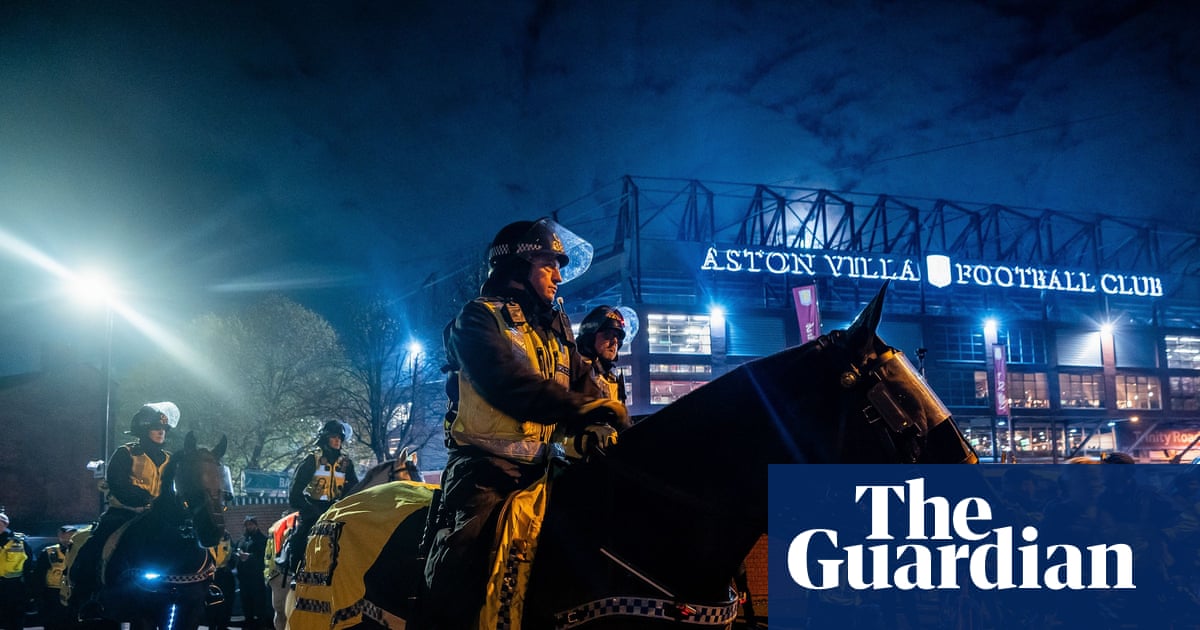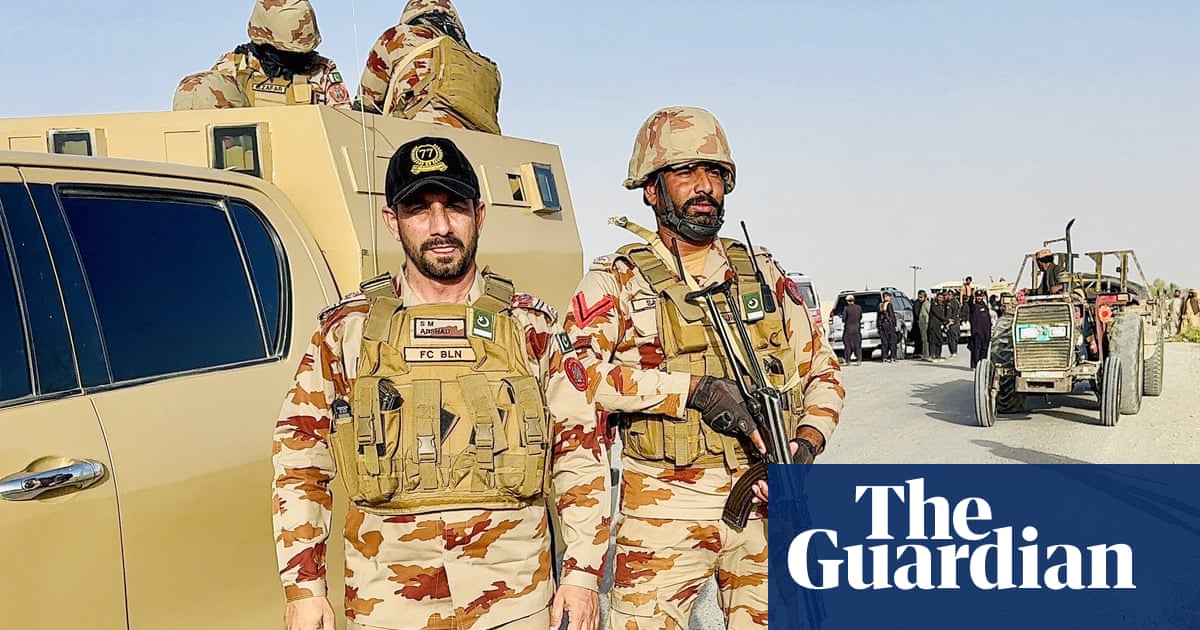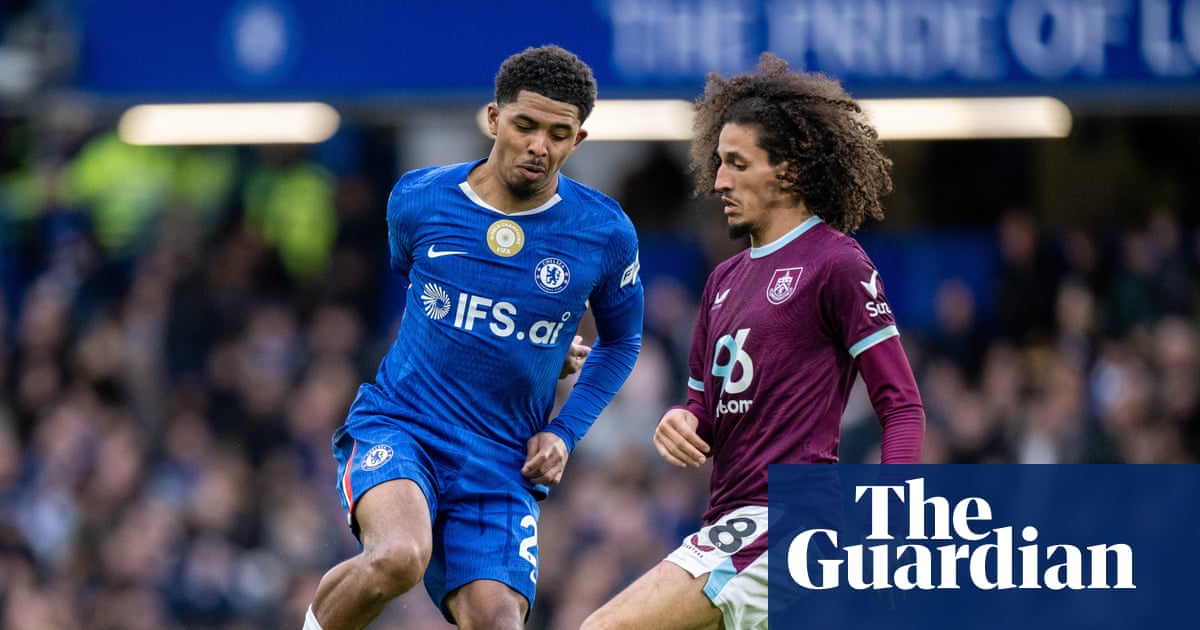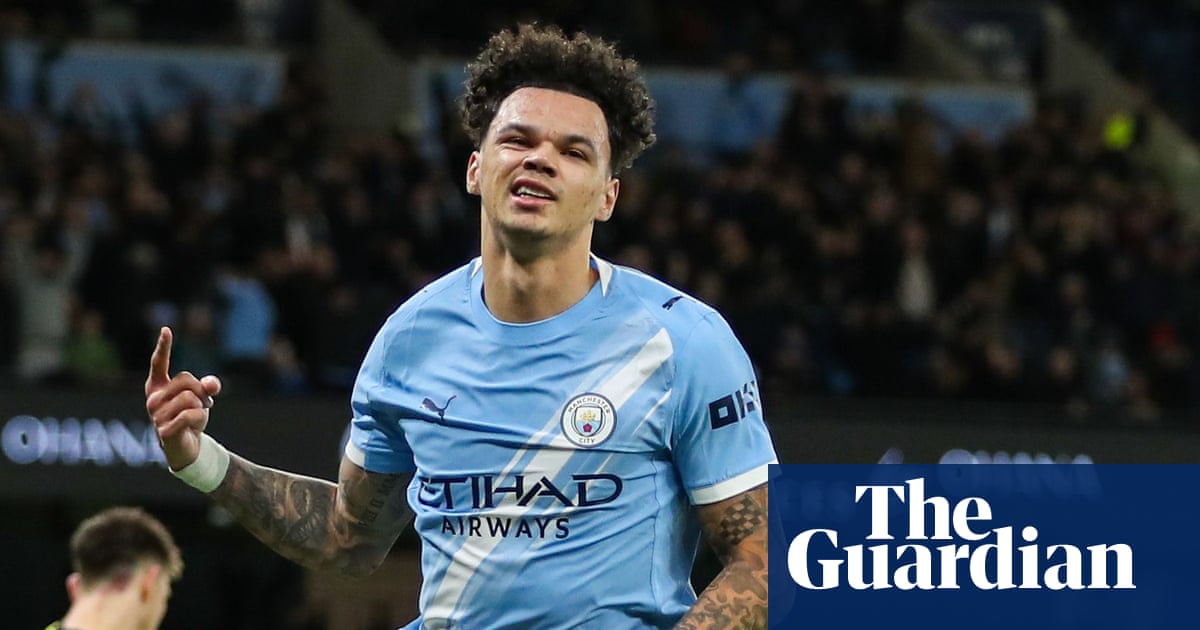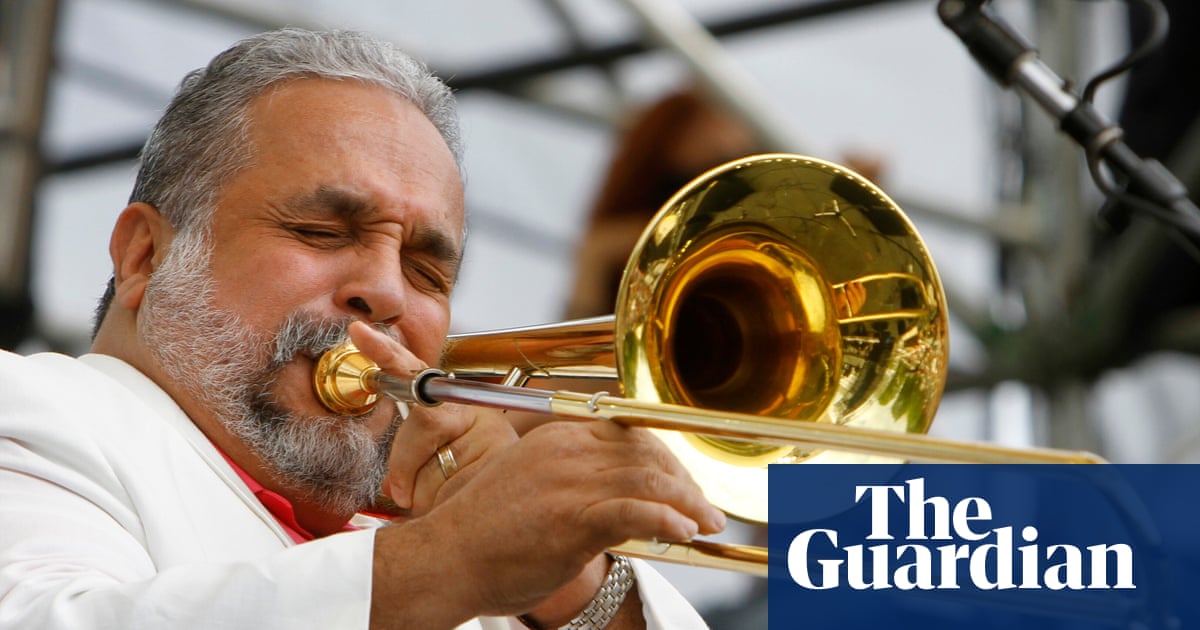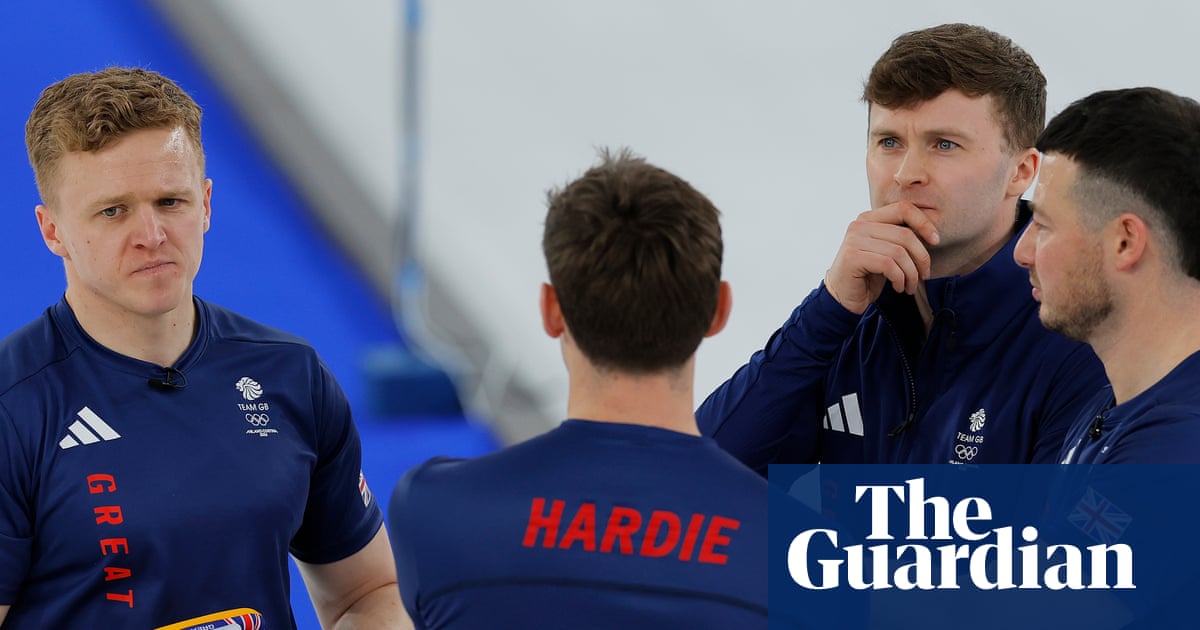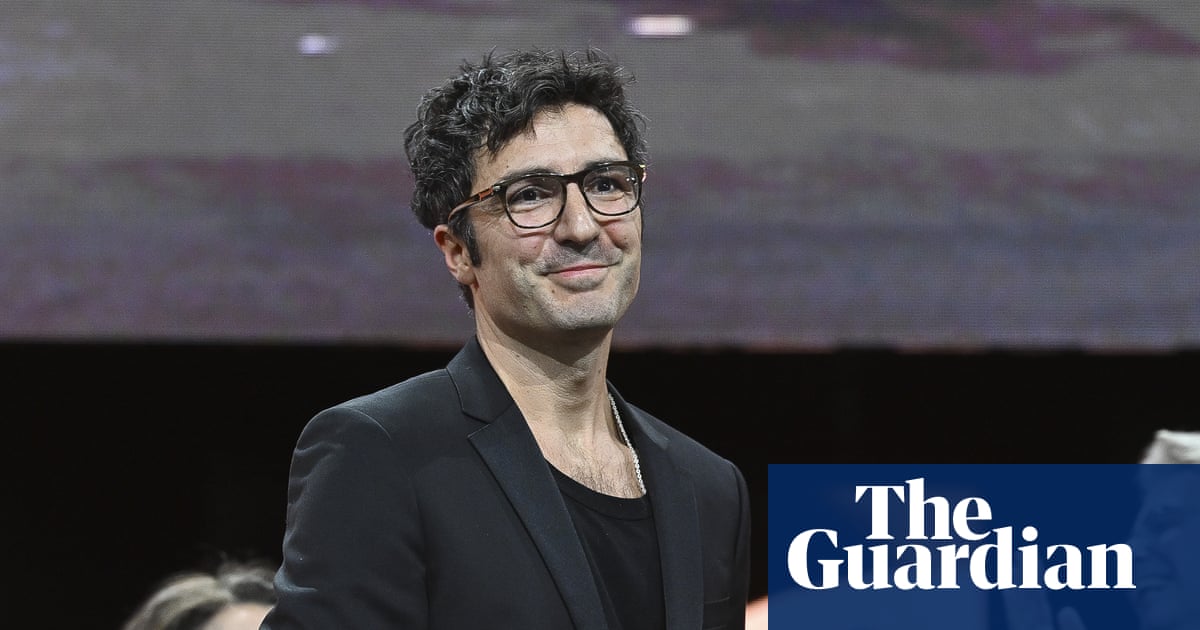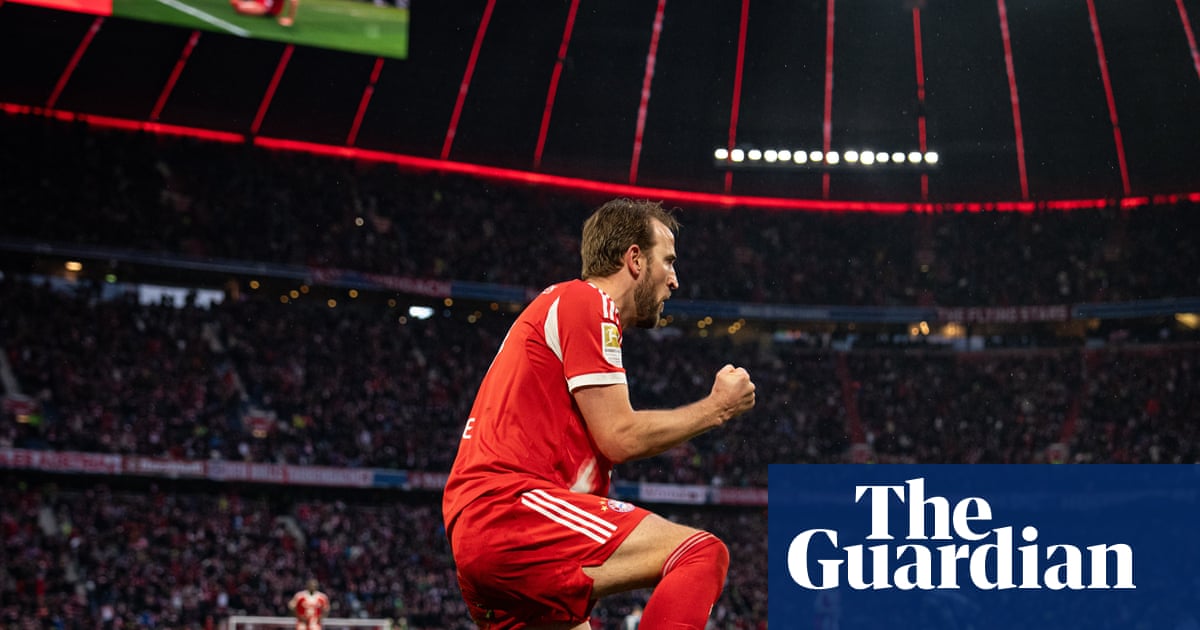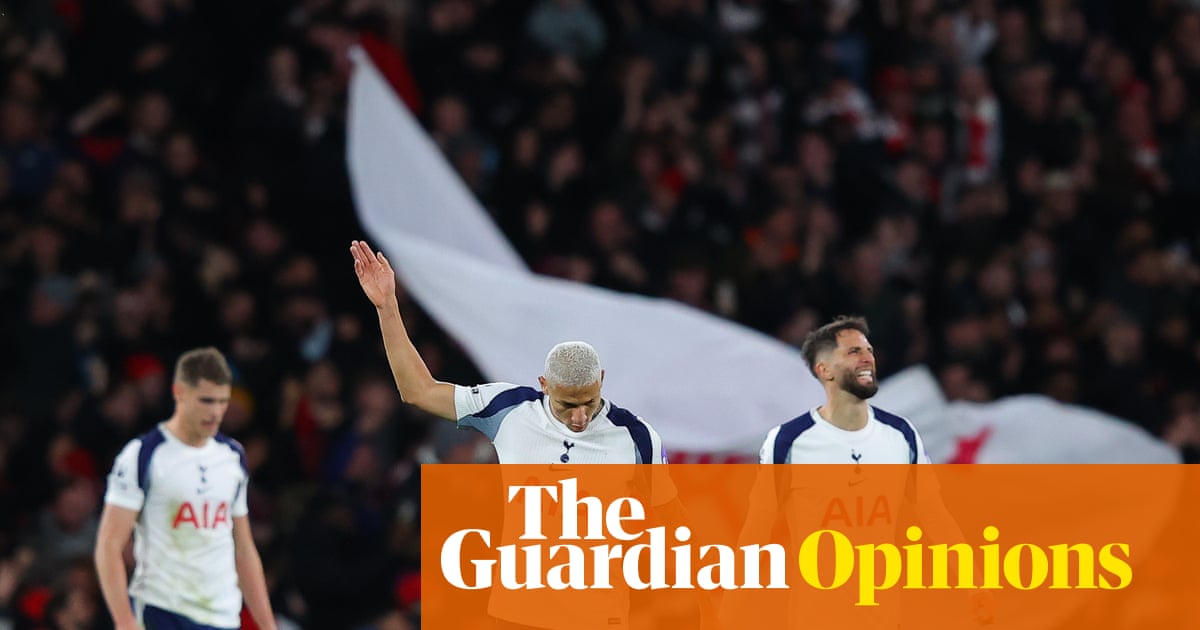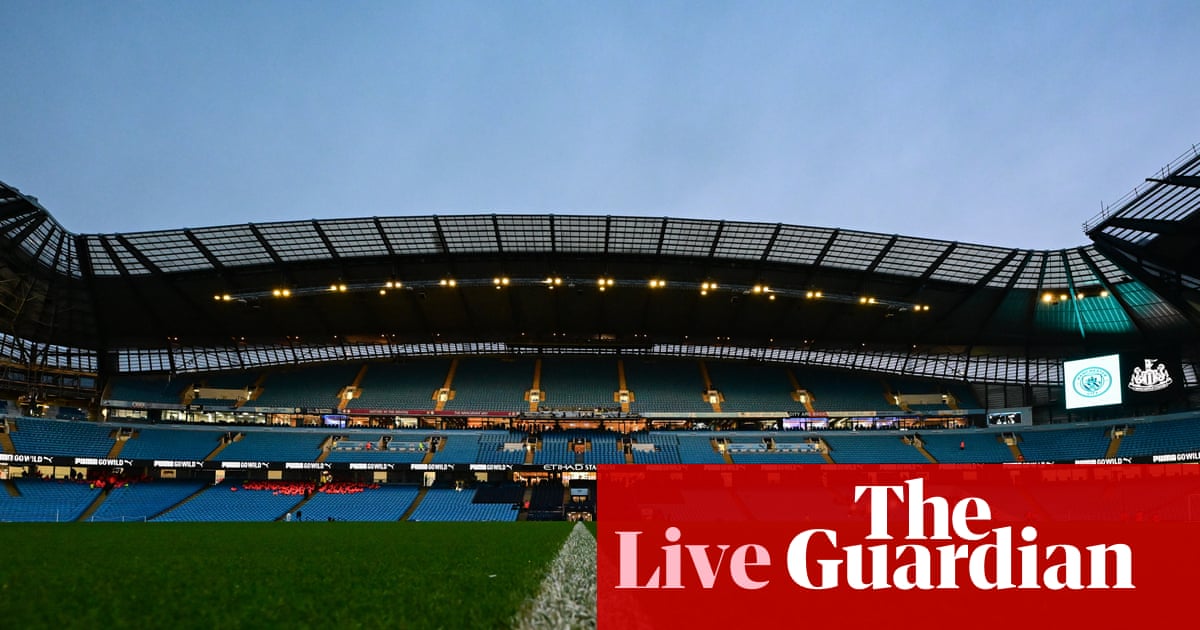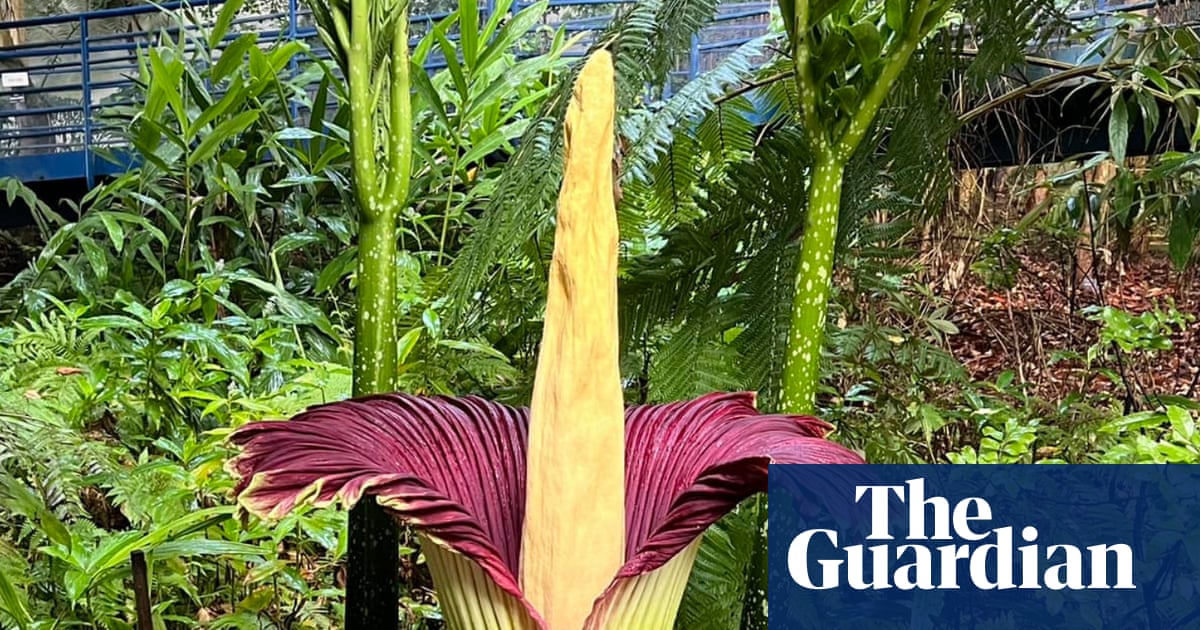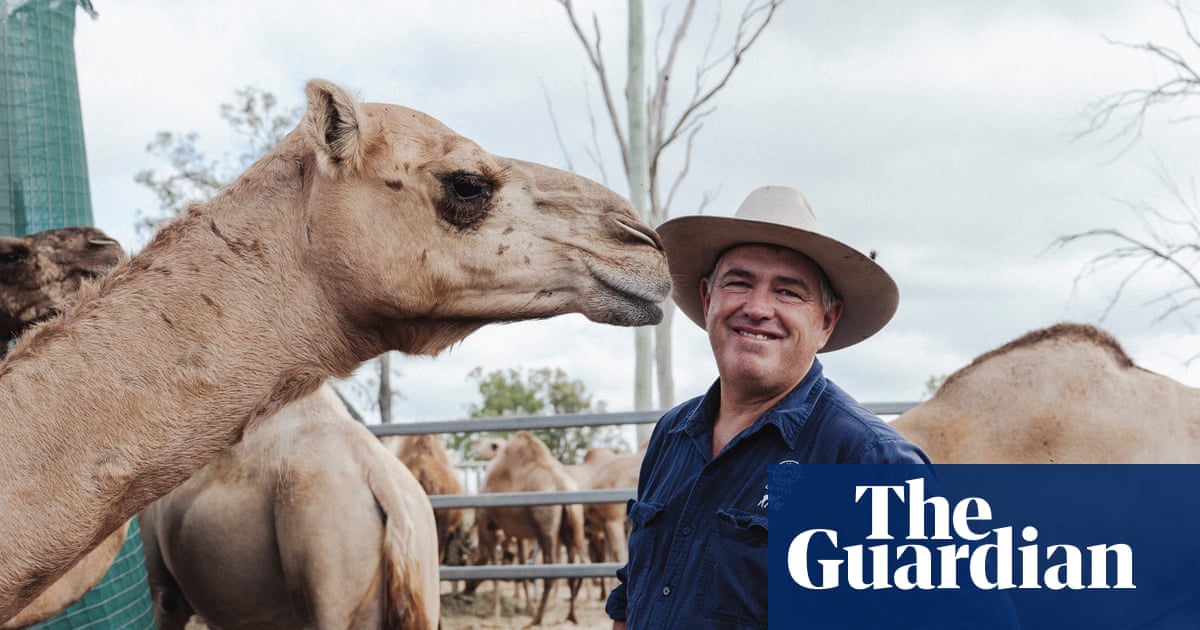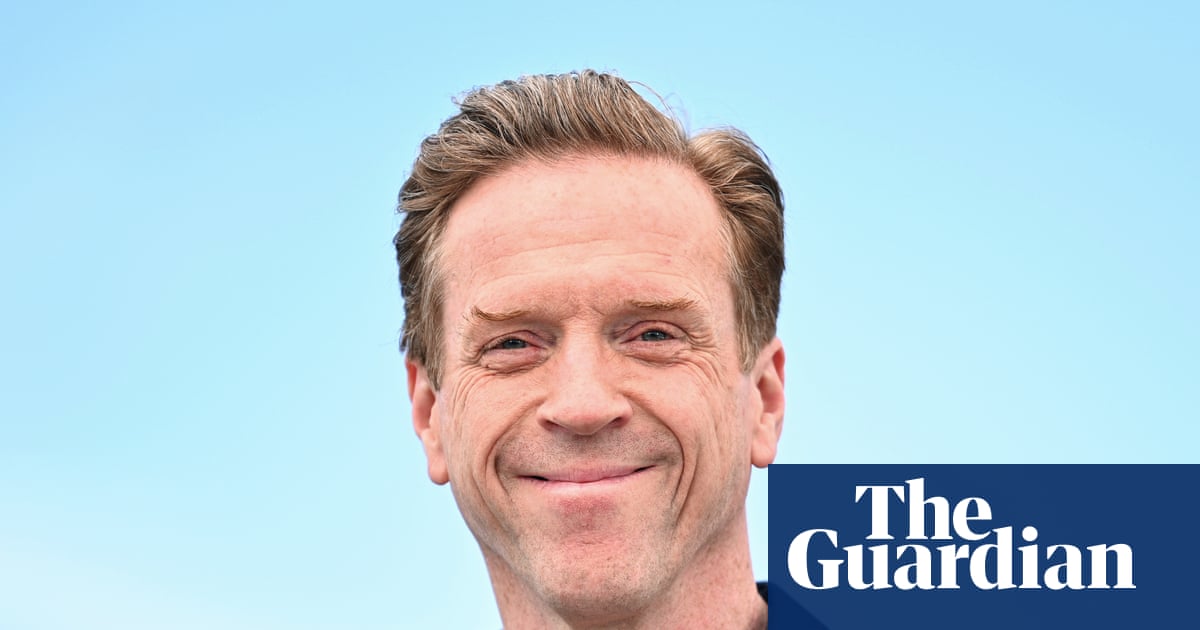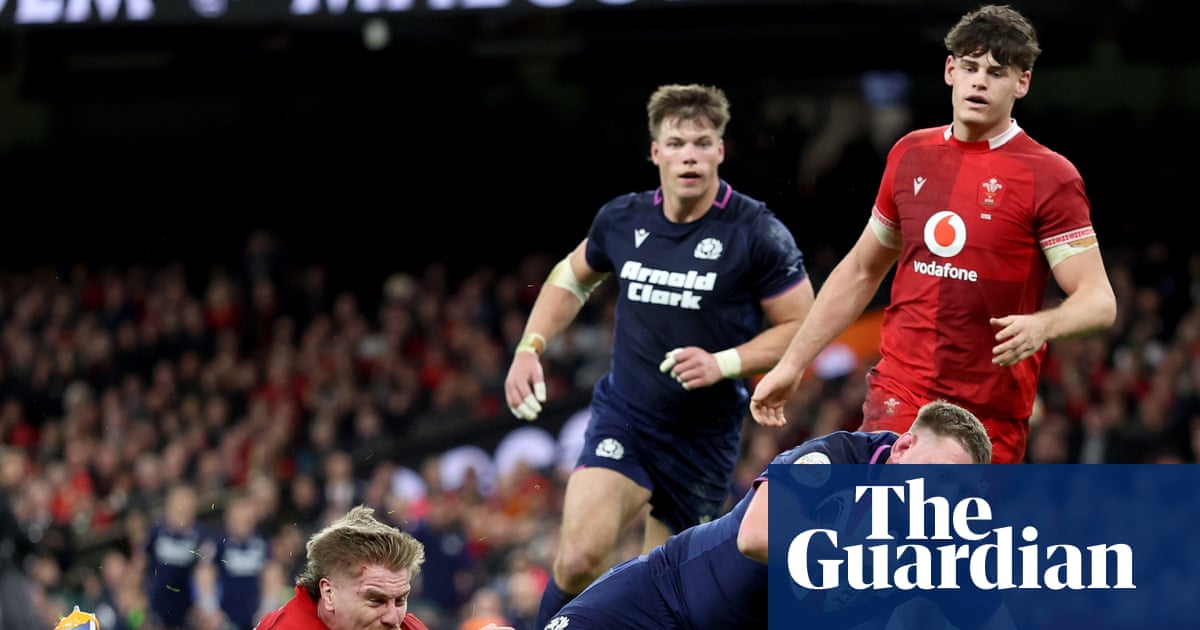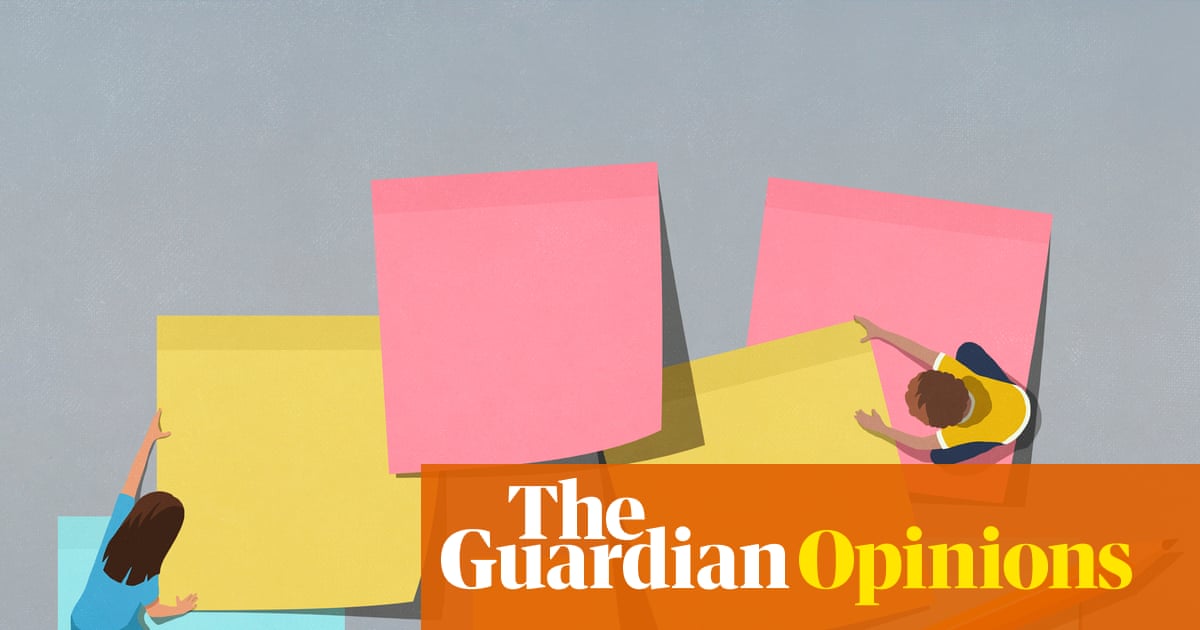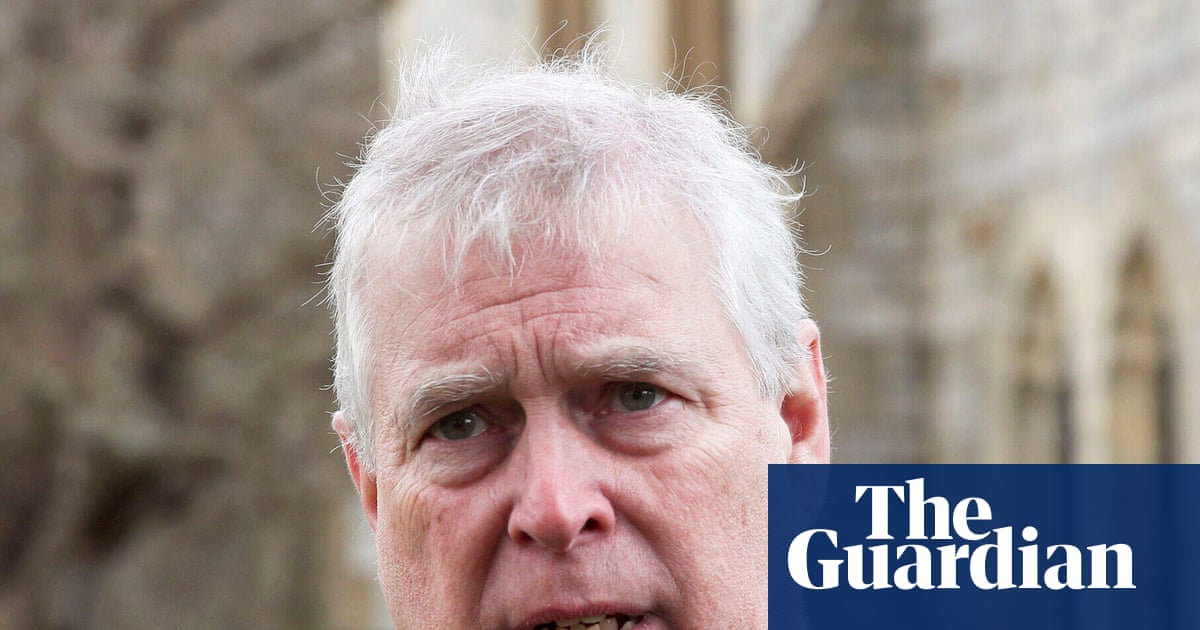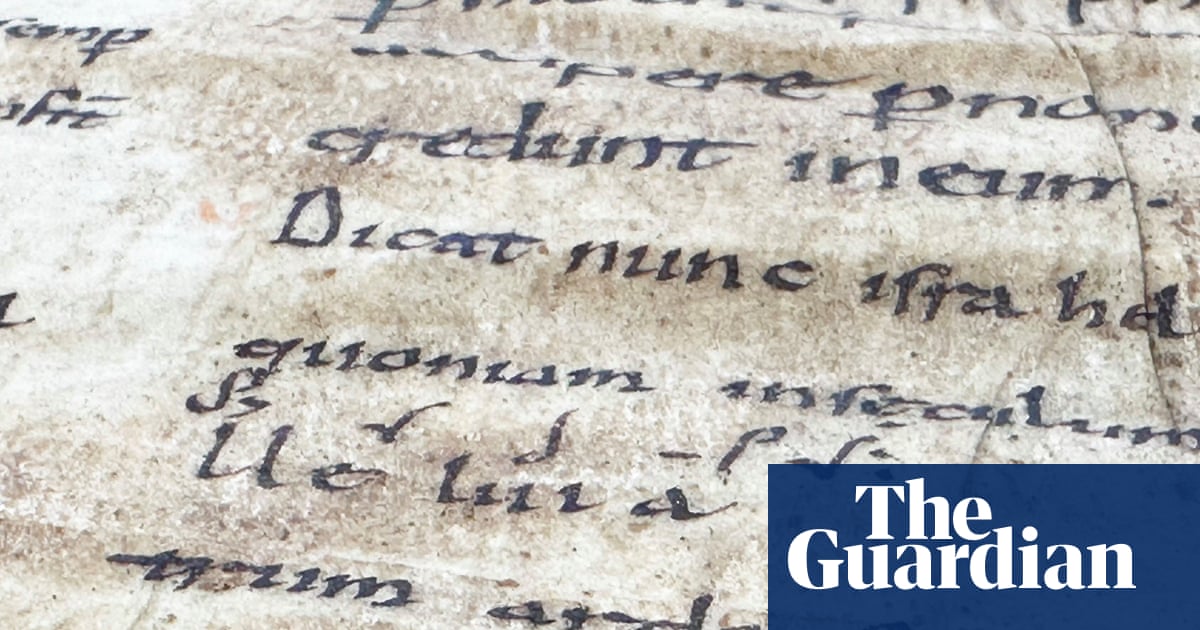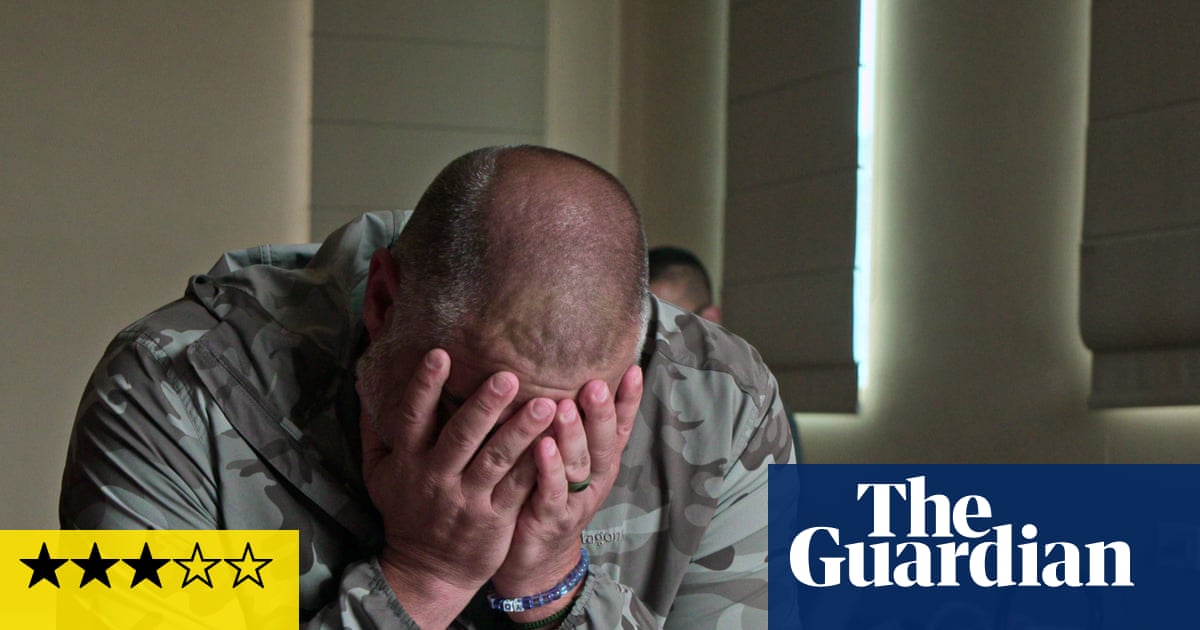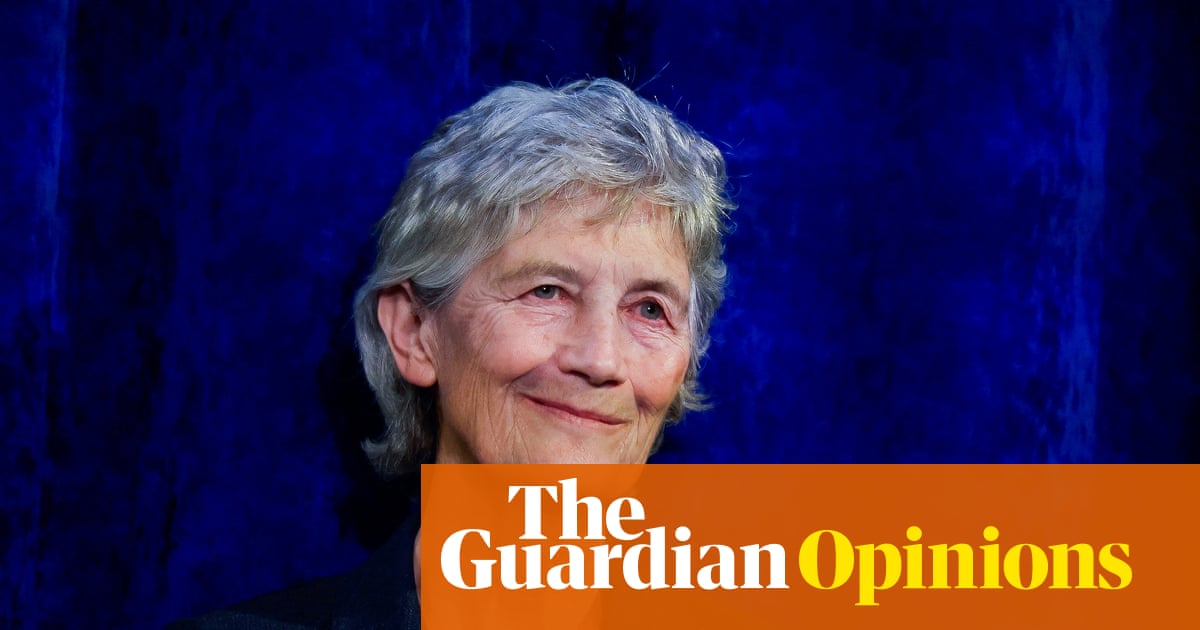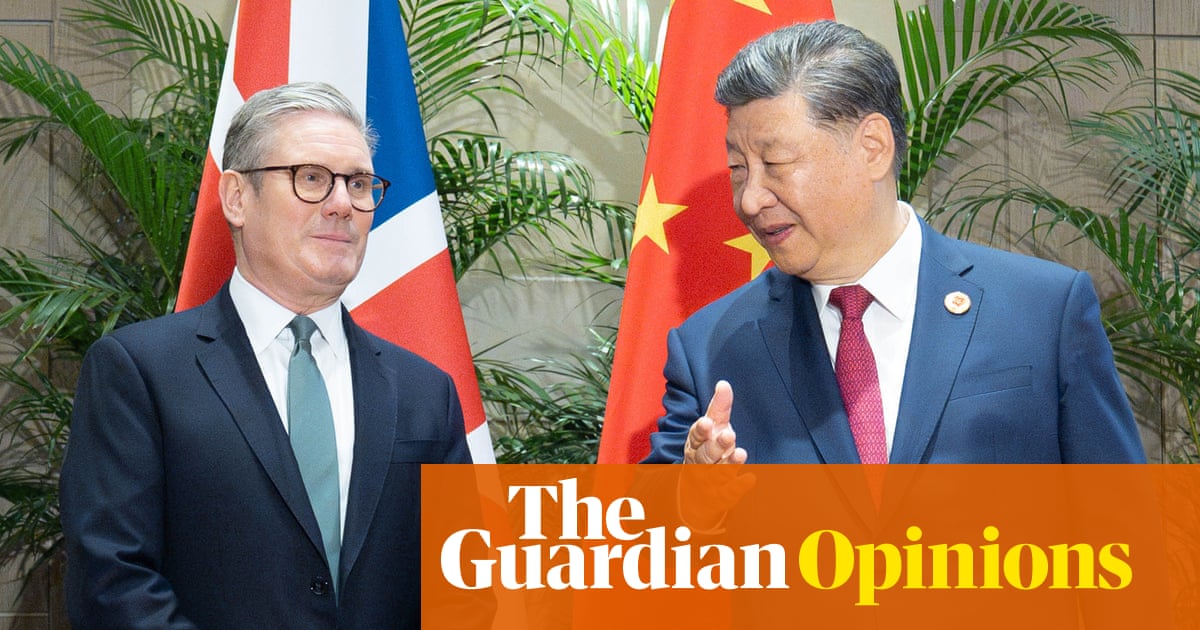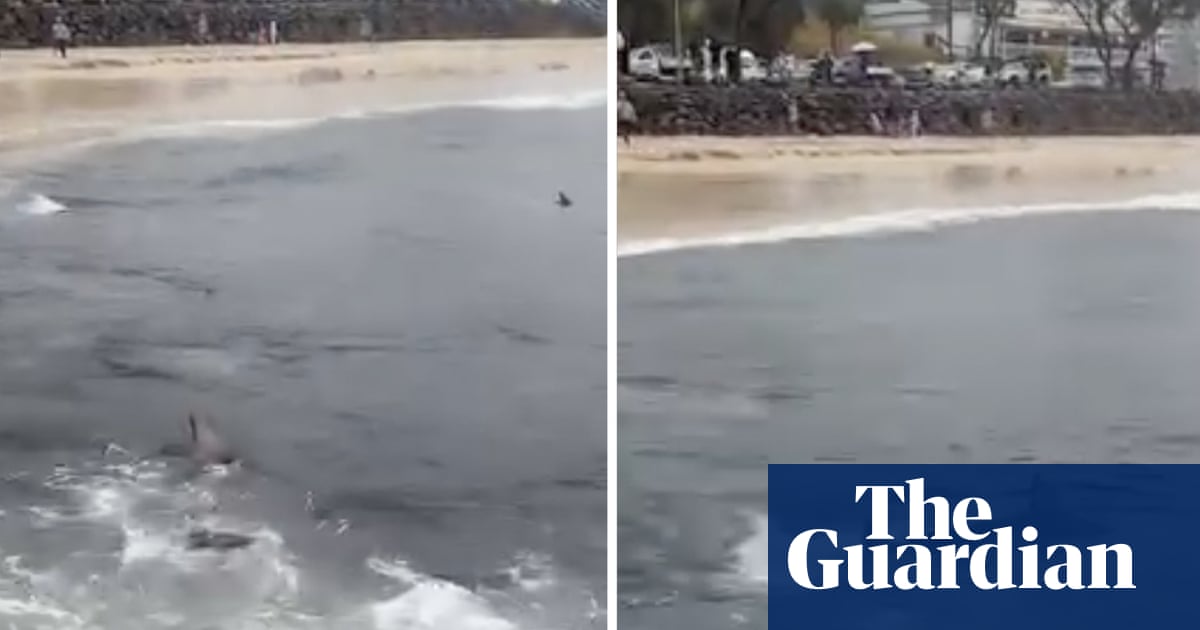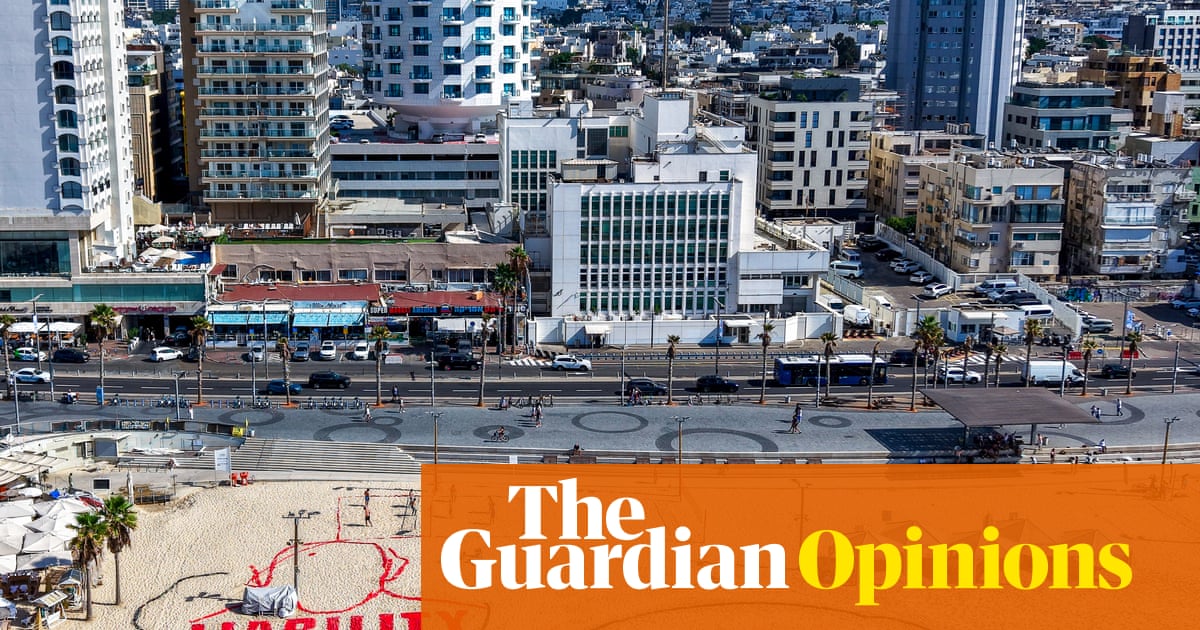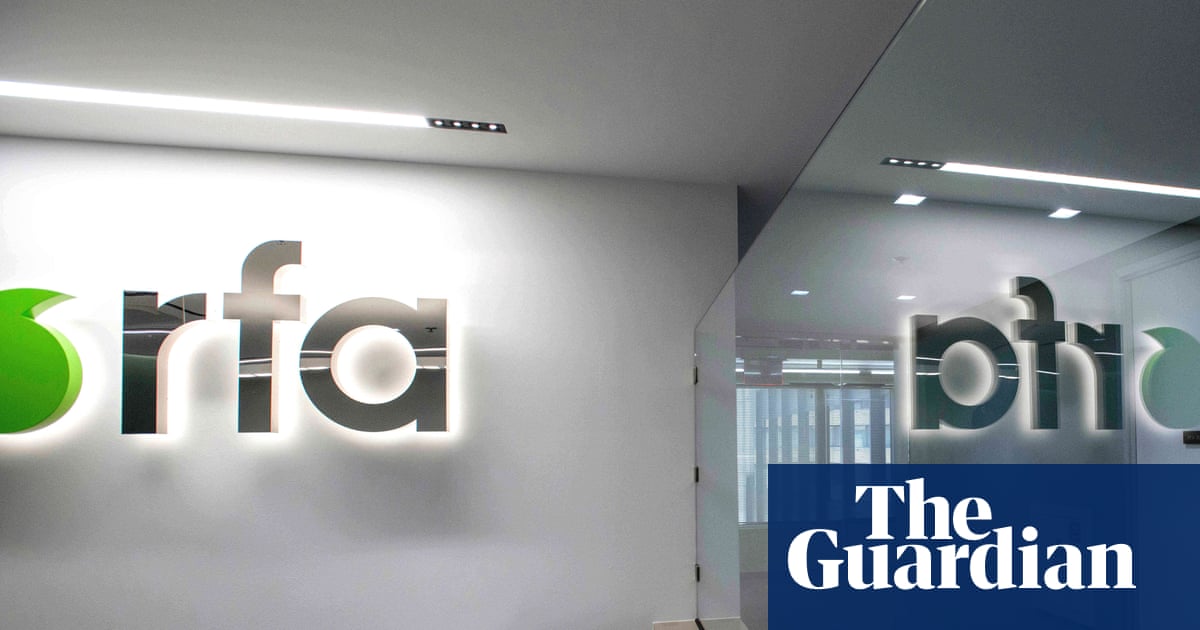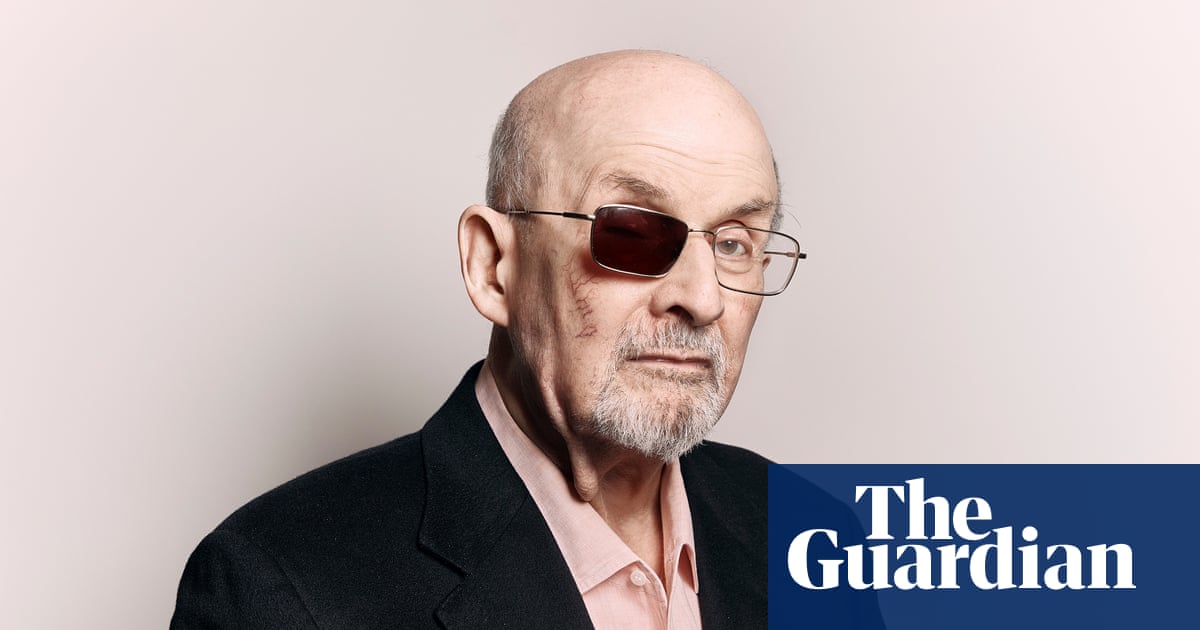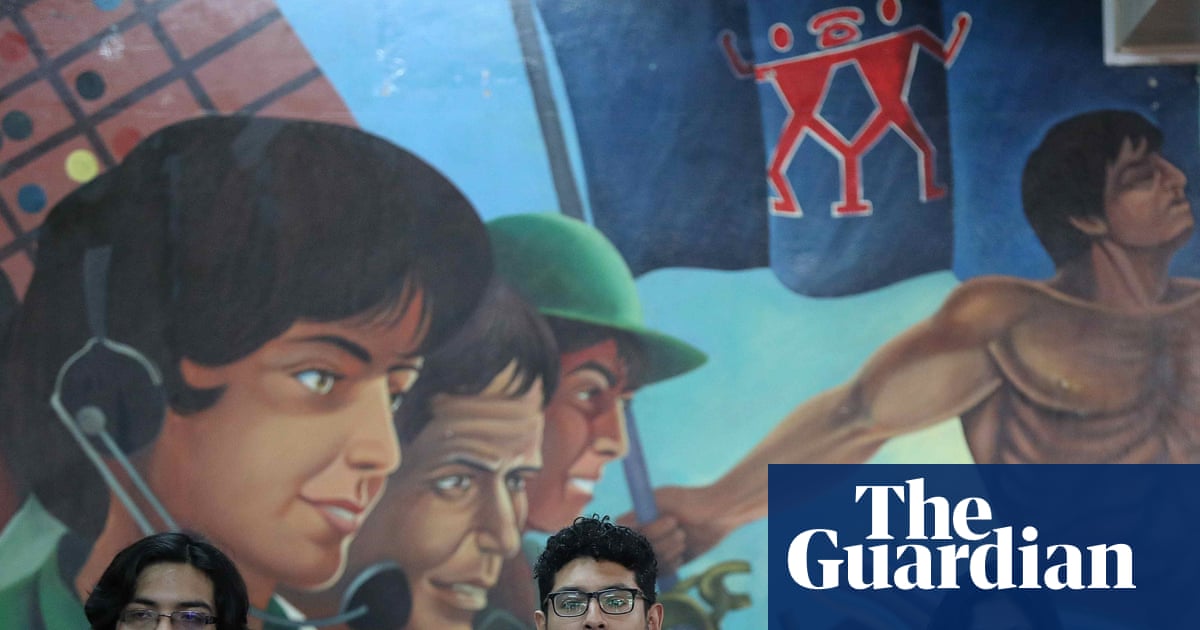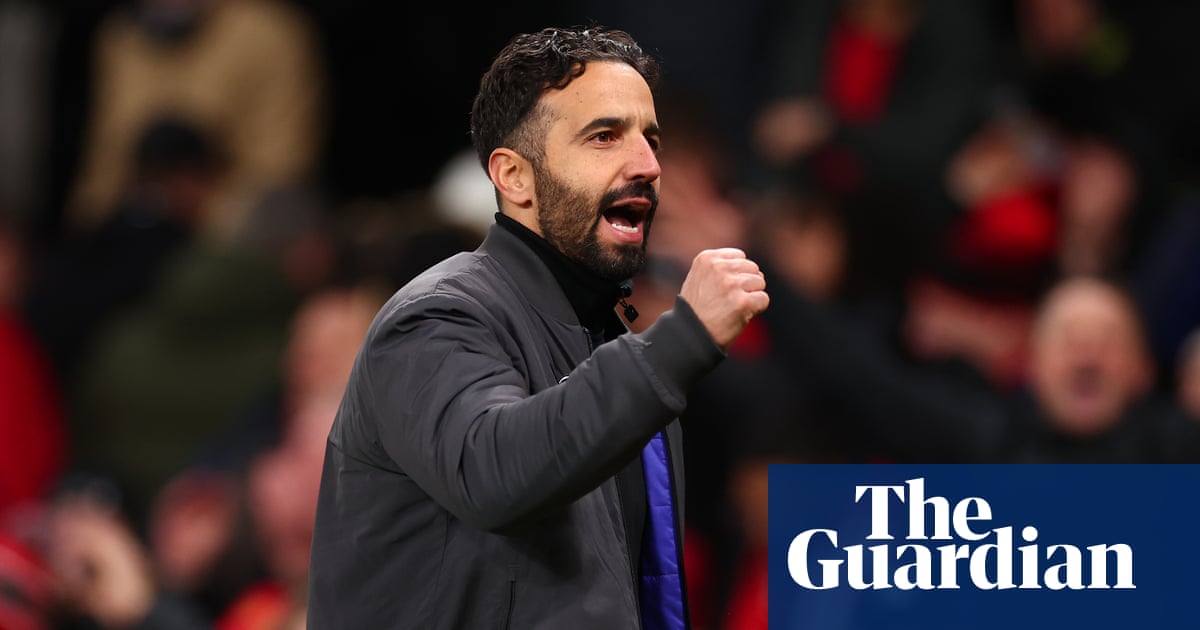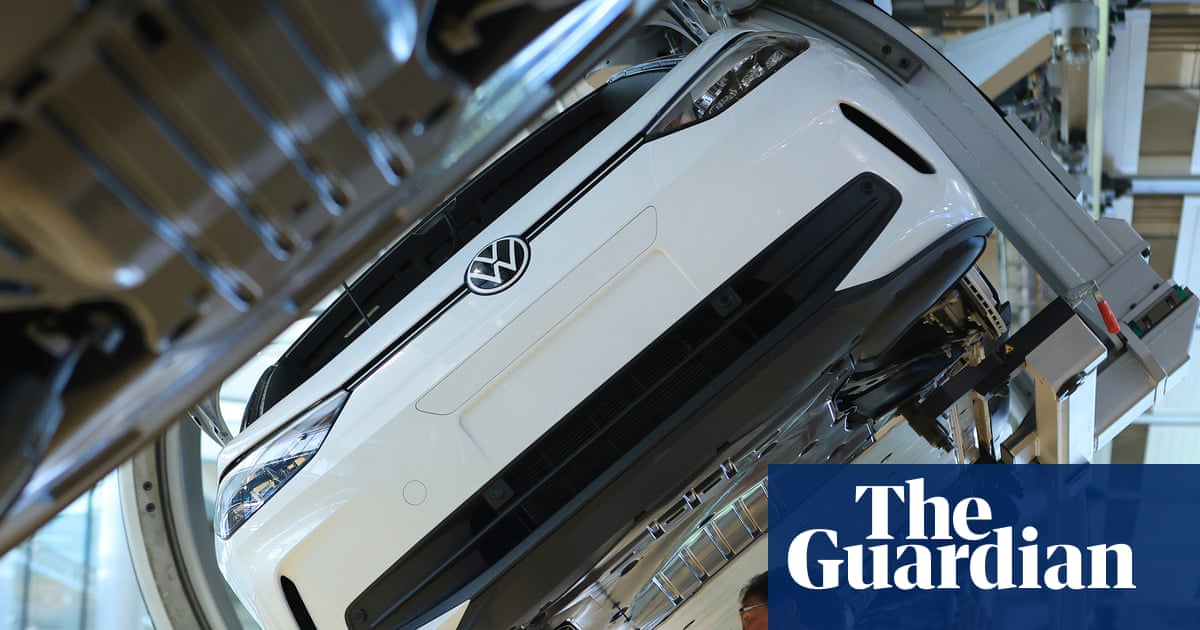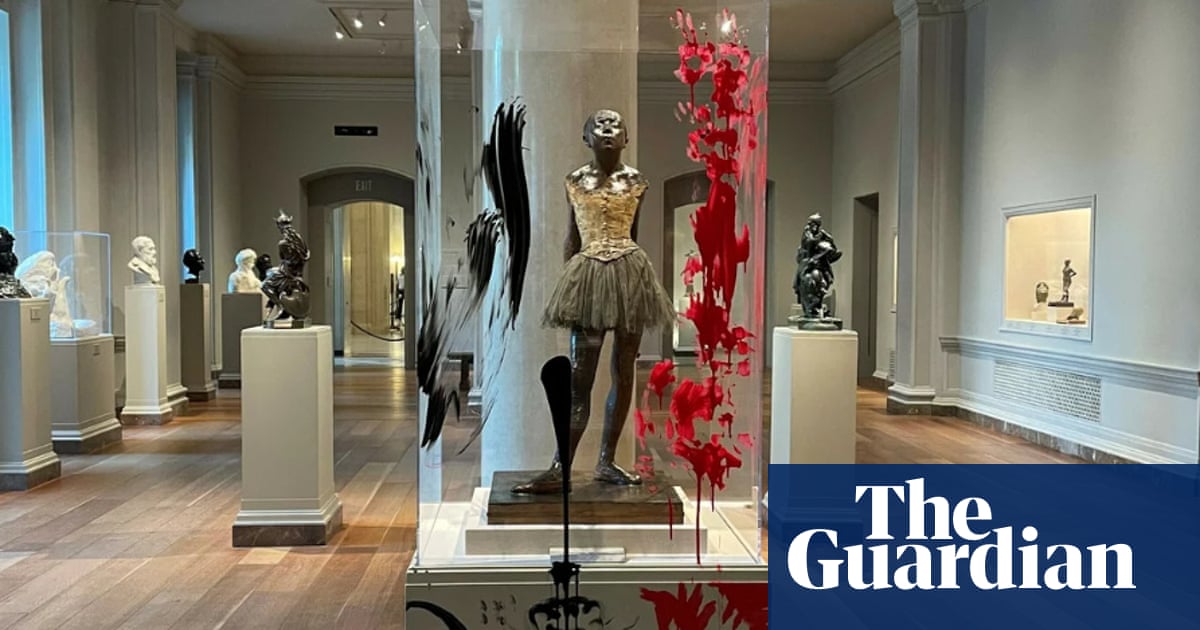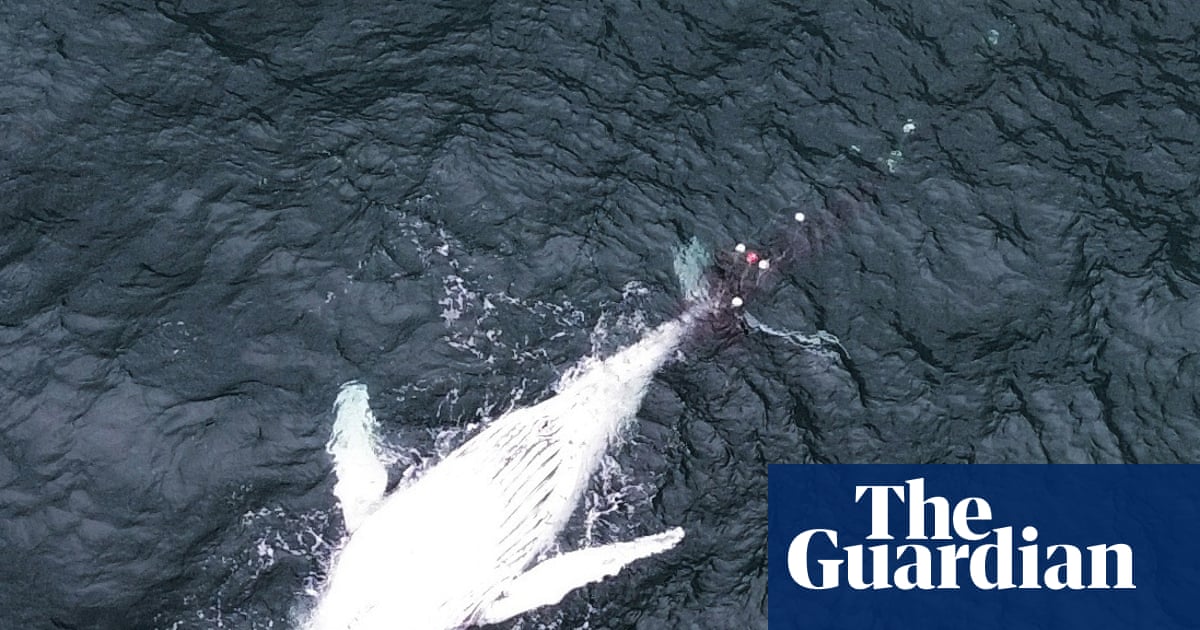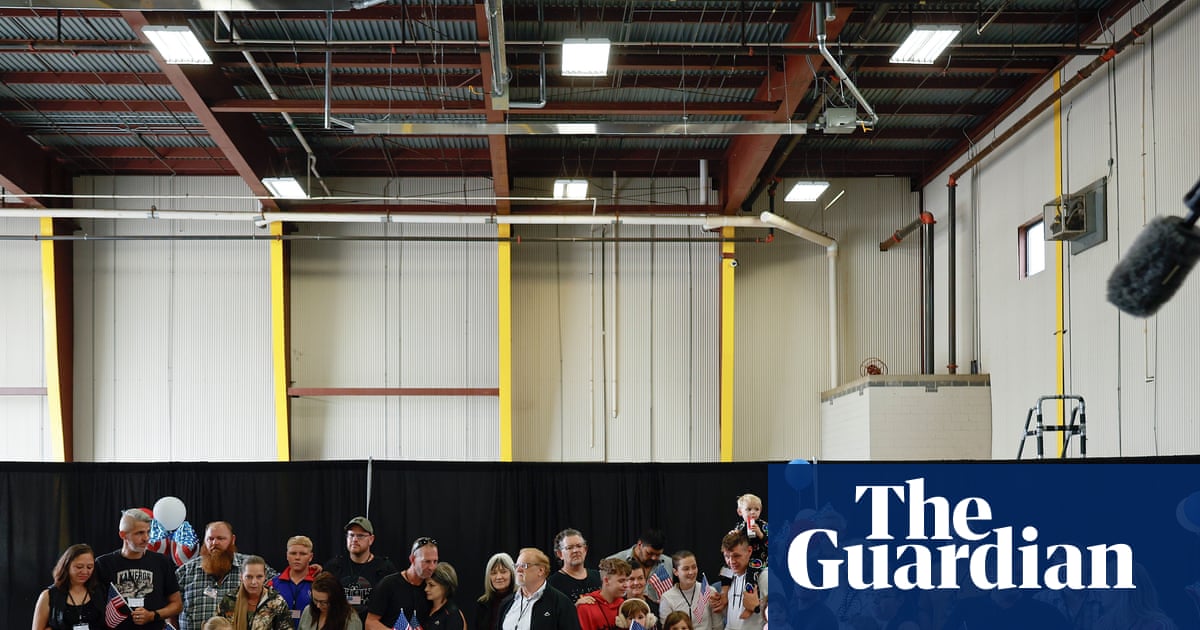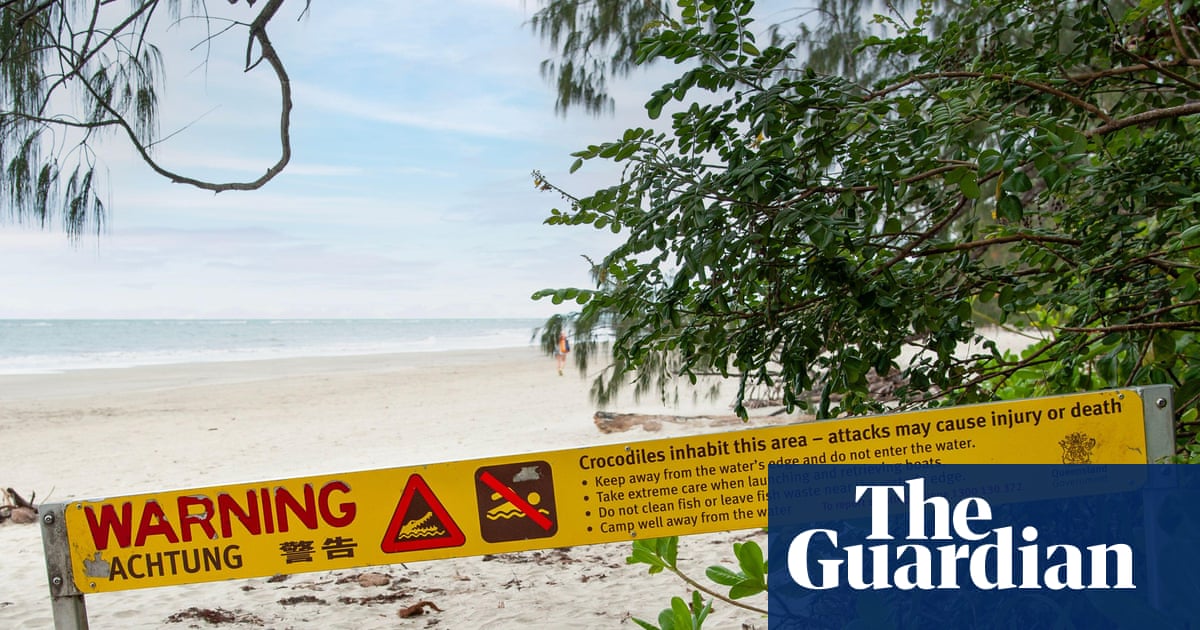It is one of the mysteries of the modern monarchy – and one that is under more scrutiny than ever before.
How on earth does Prince Andrew fund his lifestyle?
This is a man who has lived a life of luxury for decades, been an outcast for years because of his association with Jeffrey Epstein, yet has no visible means of financial support.
Even King Charles is said to be unsure about some of the sources of his brother’s income, particularly how he finds the significant sums of money needed to afford the upkeep of his home, the 30-room Royal Lodge.
The disgraced prince has been able to keep his financial affairs from the public for years through a mixture of the traditional secrecy which envelops the Windsors and the confidentiality of his dealings with wealthy, mainly foreign, people.
But the public furore over his alleged abuse of Virginia Giuffre may make it more difficult for him to justify the grandeur in which he has been living and to maintain the veil around his financial affairs.
The outrage has punctured the usually suffocating consensus within Westminster in which politicians refrain from publicly criticising the royal family. Keir Starmer has said he favours proper scrutiny of the prince’s housing arrangements, and a committee of senior MPs has now requested more details. Among those speaking out this week was Robert Jenrick, the Tory shadow justice secretary, who said: “It’s about time Prince Andrew took himself off to live in private and make his own way in life. He has disgraced himself, he has embarrassed the royal family time and again. The public are sick of him.”
Andrew’s only current source of income that is declared is the pension he gets from his days in the navy between 1979 and 2001. This is said to amount to £20,000 a year – hardly enough to buy chalet Helora, the lodge in Switzerland that he acquired in 2014 for a reported £18m, nor to maintain the Royal Lodge, a Georgian mansion sitting in 40 hectares of secluded grounds in Windsor Great Park.
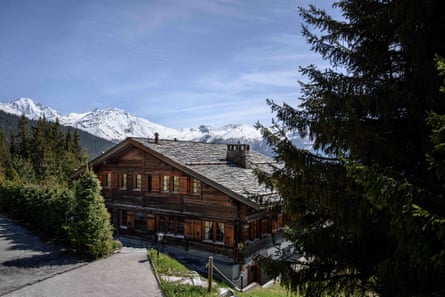
Andrew acquired the lease to the lodge in 2003 after making a one-off payment of £1m after the death of his grandmother, Queen Elizabeth the Queen Mother, who had lived there until the year before she died. As part of the deal, he was required to spend £7.5m on refurbishing the property. Official records suggest he completed the bulk of the renovation by 2005. He pays no rent.
The conditions of the lease require him to keep the mansion in good condition to avoid being evicted. Last year a newspaper report suggested the mansion needed repairing, with signs of peeling and black mould. The bill was an estimated £2m.
He also faces a bill for his police security – reportedly £3m a year – after Charles stopped funding it.

Public records show that the late queen’s second son received official payments from the public purse as a working royal between 1978 and 2010. In 2011, David Cameron, while prime minister, decided to change the way the monarchy was funded by taxpayers.
As part of this change, Cameron, a self-described “passionate monarchist”, deliberately prevented the regular publication of how much public money Andrew and the other Windsors received. Cameron decried the “painful annual discussion on every aspect of royal expenditure, accompanied by a tabloid-led debate about whether individual members of the family were ‘good value for money’”.
The last published figure for how much public money Andrew received is £249,000 a year in 2010. After that, the queen made direct payments to him from her own private wealth while he carried out royal engagements. In 2019, he was forced to stand down as a working royal as a result of his disastrous BBC interview about the convicted child sex offender Jeffrey Epstein and his alleged abuse of Giuffre.
Over the previous four decades, he had received nearly £13m to fund his royal work, according to an investigation by the Guardian in 2023 as part of its cost of the crown series on the monarchy.
After 2019 it appears the queen and Charles continued to give Andrew an annual allowance from the Windsors’ private wealth, believed to be £1m a year. But the king reportedly stopped paying this last year amid the “siege of Royal Lodge”. Charles has long wanted him to move into more modest accommodation.

When Andrew retired from the navy in 2001, he enjoyed a measure of popularity as he was well regarded for his naval service, particularly fighting in the Falklands war.
He could have lived on the income he was receiving from the public purse – at £249,000, a significant amount for ordinary Britons – and carry out good works as a diligent royal.
But he wanted money – and lots of it.
In 2001, he was appointed to be the government’s trade representative. Formally this job required him to travel abroad and help drum up business for British companies.
But it has long been alleged that, on the side, Andrew exploited this post to gain access to wealthy people around the world and cut commercial deals to enrich himself, either by acting as a middleman or making introductions.
The claim he faced was that he was using his public role for personal gain, or put more simply, corruption.
Getting to the truth has been hindered by successive governments’ refusal to disclose documents that could help explain Andrew’s activities.
Andrew Lownie, who wrote a book about the prince called Entitled: The Rise and Fall of the House of York, submitted hundreds of freedom of information requests over four years but to no avail. “It is clear that obstructions have been placed in front of Andrew. One has to ask why,” he has said.
His relations with wealthy people appears to be largely transactional, particularly since his commercial acumen was seen as minimal.
Lownie has cited Epstein as an example. “The prince was a useful idiot who gave him respectability and access to political leaders and business opportunities. What drew Andrew to Epstein? An opportunity to join the super rich and a lifestyle to which the duke had long aspired, a supply of available women, a chance to make money himself and someone who would bankroll his life … both men, ostensible friends, used each other but it was an unequal relationship.”
Andrew was the subject of a series of controversies over his close links with unsavoury foreign dictators and businessmen. He took a holiday with a Libyan gun smuggler, criticised a Serious Fraud Office investigation into corruption involving the arms giant BAE and lunched at Buckingham Palace with a leading member of the subsequently deposed Tunisian dictatorship.
His dealings with the elite of Kazakhstan show a flavour of what he was up to. In 2007, he sold Sunninghill, his mansion near Ascot which had been a wedding present from the queen, to the son-in-law of the autocratic president of Kazakhstan for £3m over the £12m asking price. Andrew made regular official and private trips to the country.
The media reported the contents of emails that suggested Andrew worked for Greek and Swiss firms which were bidding for large contracts in Kazakhstan in 2011. It was Andrew’s job to help introduce the firms to senior Kazakh political figures. He was to have been paid a commission of 1%, or £3.85m, for helping broker a successful deal, according to the reports.
By 2011 the stench around Andrew, then fourth in line to the throne, was too much for the government and he was forced to step down as the trade representative.
Chris Bryant, the Labour MP and former minister who had called for his removal, said: “It is not before time – and there are quite a lot of people in the Foreign Office who will be very pleased too, even if they cannot say so.”
The move followed the publication of the now notorious photograph of him with his arm around Guiffre and criticism that he was still consorting with Epstein after he had been convicted.
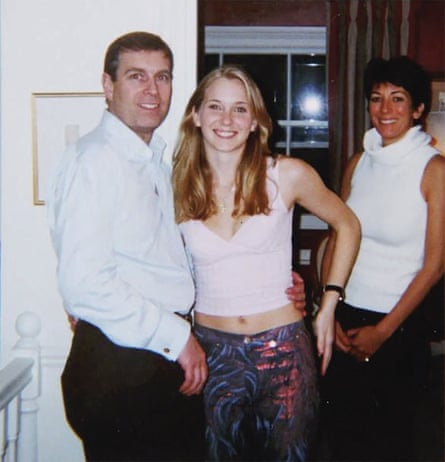
Epstein had given £15,000 to Andrew’s former wife, Sarah Ferguson, to reduce some of her debts. Like Andrew, Ferguson has faced long-standing criticism of seeking to use her royal status to make money.
Andrew’s efforts to pull in millions have continued in recent years but have remained opaque. Glimpses are seen in court documents from time to time. Last year, it was revealed that Yang Tengbo, a business partner of the prince, was alleged to be a Chinese spy. The prince had authorised Tengbo to seek investors in China as part of a commercial initiative they were promoting.
In 2022, Andrew faced calls to explain why he received at least £750,000 in payments linked to Selman Turk, a financier who was facing allegations of fraud in the high court. Andrew repaid the money.
Another source of Andrew’s wealth will be investments in the shares of commercial companies but the value of these are unknown. The Guardian has revealed that the prince took advantage of a government-backed shell company that was created to conceal royal investments from public scrutiny.
Andrew would probably have received bequests from relatives but details are hard to come by.
What now for Andrew’s finances? If the furore dies down and he fades from public view, he may be freed up to make more money in the future, but he may also find it more difficult to capitalise on his now-ruined royal status.

 3 months ago
77
3 months ago
77

